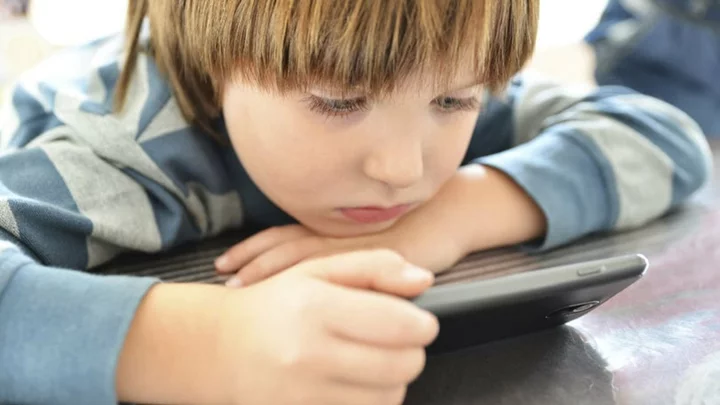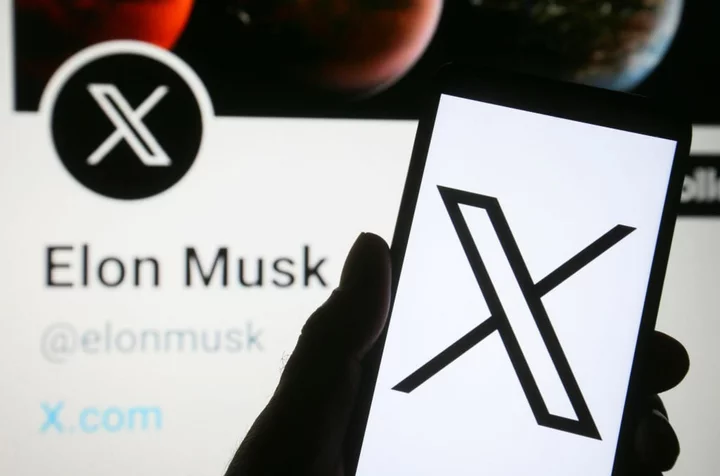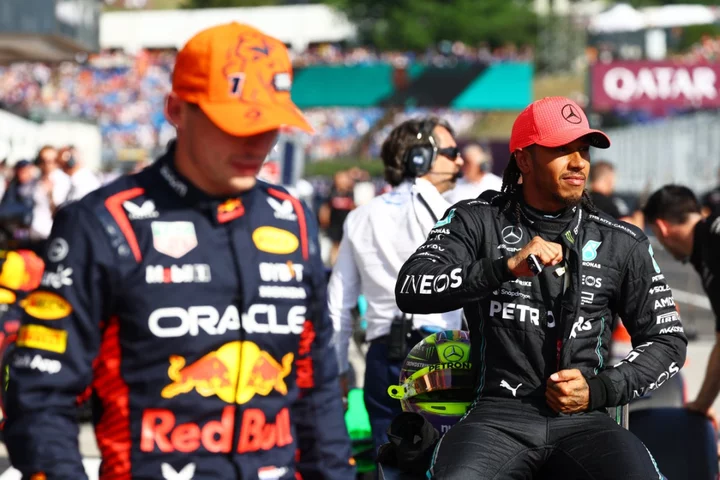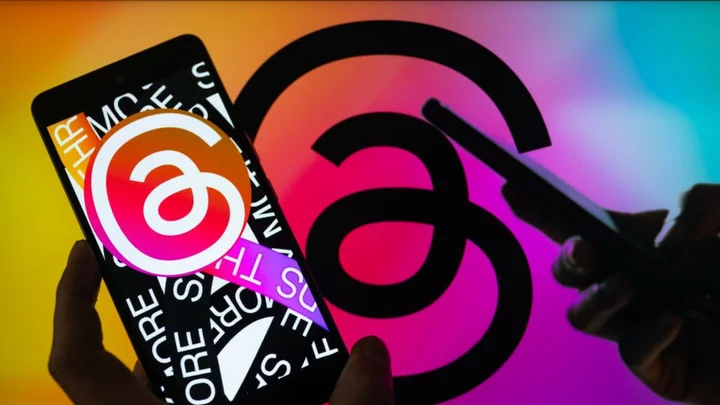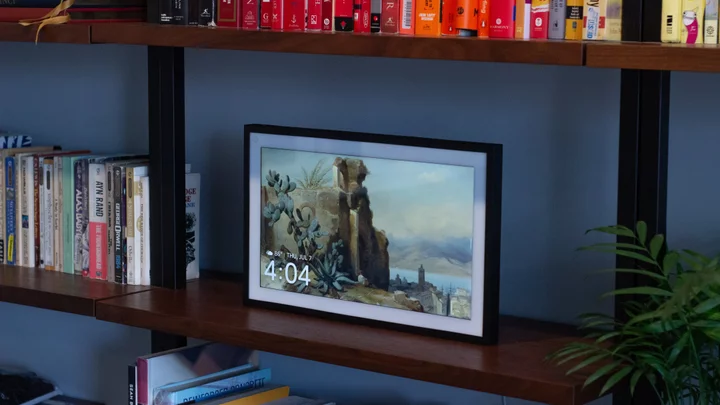We've thought a lot about kids and phones because many of us are parents. Mobile phones are useful, powerful, and helpful. They're also expensive, distracting, and potentially a gateway to nasty online things. So, should you get your kid a phone? And, if so, which one is the best?
Below are our top phone recommendations for kids (and most importantly their parents), along with some advice to help you make a wise buying decision.
The Cardinal Rule for Kids' Phones
One big reason to give your child a phone is if they're often out of sight of trustworthy adults and might need to contact you or another caregiver. If your kid wants to play games or watch videos but doesn't need cellular connectivity, a base-model iPad, a cheap Android phone, or a Fire tablet are all good alternatives.
Regardless of whether your kid falls into the former category, do not buy them an expensive, high-end smartphone.
The Wait Until 8th campaign, which advocates only giving kids smartphones once they reach the 8th grade, makes some good arguments. However, it too easily elides smartphones and social media, which are different things. The campaign's central point is that younger kids generally need phones only for calling and limited texting.
When you do step up to a smartphone, don't spend too much money. Kids generally aren't responsible with high-priced items. They might lose, drop, soak, or otherwise break the phone you get them. Assume that all of those events will happen. A ton of good phones in the $200 to $400 range run relatively new, secure versions of their operating systems, aren't frustrating to use, and don't look shamefully uncool.
We won't get into the never-ending debate, never resolved, about cell phone radiation and kids, but many parents have expressed concern to us about it. The "good" news is that radiation concerns come into play only when you hold a phone up to your head for long periods. Kids no longer talk on the phone with their friends much anymore; they text. Short conversations with parents on a basic phone, for safety or logistical uses, won't hurt anyone.
Make sure to get a nice, rugged case for whatever phone you get. You can never be too careful.
The Best Flip Phones for Kids
Voice phones are a solid on-ramp to communication for kids. Yes, they are terminally uncool. Your kids will whine. But they solve one of the biggest problems parents of middle schoolers have: "How do I give my kid a way to call me without letting them get on Instagram?" We've tested a range of simple voice phones, and the Nokia 2780 Flip is the best inexpensive solution for basic calling. It's available unlocked, so you can use it on any network.
How to Track Your Kids
In many cases, you might want to get a kid a phone to keep an eye on their location. Android and iOS make tracking a smartphone's location easy for account holders. Flip phones and other simple phones don't usually have the same capability. Adding a dedicated tracker to your kid's clothes or backpack is the right solution. (It's worth saying that one should never do this to an adult—that's called stalking.) Depending on whether you have an Apple or an Android phone, AirTags, Samsung SmartTags, or Tile trackers all do surprisingly good jobs of leveraging networks of other phones to tell you where they are.
Do Kids Need iMessage?
I hate to bring this up, but some teens live in these little tidal pools where all of their friends have iPhones and thus use iMessage for messaging. When most of the people on a group text are in iMessage, significant benefits accrue to also being on iMessage: The texts are more reliable, the threading works, and reactions appear appropriately. That's the primary reasonable argument for a kid whining that they specifically want an iOS phone.
One thing to remember as a parent is that they don't need an expensive iPhone to use iMessage. (Or TikTok, for that matter.) The $429 iPhone SE works just fine, as do reasonably recent refurbished models. For more on this topic, see our analysis of which iPhone you should buy.
Getting a water-resistant phone means you're less likely to have to replace it because of an accidentThe Best Phone Plans for Kids
When you get your kid a phone, whether a new one or a hand-me-down, you must add a service plan.
The lowest-cost option is to go Wi-Fi only, with no SIM card. With this option, your kid can only connect to known Wi-Fi networks. They won't be able to send standard text messages or make regular phone calls. They can, however, use iMessage and FaceTime on iPhones or the equivalent on Android phones.
Your carrier may have a good or convenient deal to add a line, which may also mean that you can get a phone on a monthly payment plan. If you're sharing a data bucket with a child, make sure to limit their line to a certain amount of monthly data so that they don't use all of yours.
You might also be able to save money by connecting your child's phone to a low-cost service. Take a look at our list of the best cheap phone plans. For instance, if your kid only wants to text, you can get a plan from Tello with unlimited calling and texting for $10 per month.
How to Make Your Kid's Phone Safe
Make a deal with your kid: If they get a phone, you can look at it.
Take a look at our best parental control software roundup to find the best apps to monitor kids' phones more closely. Android and iOS both have some built-in parental controls. On both OSes, you can block purchases (and you should, immediately, because it's way too easy to buy things accidentally) and application usage or installation. Google's Family Link software for Android phones gives you activity reports and lets you set screen time limits as well.
With flip phones and other basic phones, you are generally stuck with network-level controls from your carrier, such as T-Mobile Family Allowances.
Apps that breeding grounds for cyberbullying should stay off of any child's phone. These apps tend to change a lot as each new cohort of kids finds something new. The general rule is that anything with a social aspect, or anything that allows public posting, is potentially dangerous. You should be able to look through the apps on your kid's phone and see the sorts of messages they receive.
You may be thinking, "What about kids sneaking and lying?" It isn't the phone's fault if your kid lies to you. Ultimately, you have the power to take the phone away.
The Best Phone for Every Age
We've tried to keep this list diverse with low-cost, used, and new phones. Whichever one you get, make sure to lock it down.
Ages 8 and Under: The Best Phone Watch for Kids
Small children who need phones often need them because they have complex caregiving arrangements in which they're handed off between adults. A phone or tracker can also be useful if your kid tends to get lost on the playground, or likes to run and hide.
Verizon's GizmoWatch 3 is a cute, convenient tracker and communication deviceFor talking to mom and dad, the newer GizmoWatch 3 keeps a kid in touch and is trackable by up to 10 trusted contacts.
Ages 9 to 13: The Best Cell Phone for Kids
As tweens and young teens get their first bits of independence, they might need phones to tote around the neighborhood—and to text their friends. Yet tweens are still kids, and you often can't trust them with expensive devices.
This is the prime time to get your kid a voice phone. Carriers shut down their 2G and 3G networks, so you need a phone that works on your carrier's 4G LTE network for the best coverage and voice quality. As mentioned, the Nokia 2780 Flip is a good first voice phone.
Low-cost or used smartphones are also good choices for this set. The Motorola Moto G Power 5G is a good value for a new phone, as is the Samsung Galaxy A14.
If you're an iOS family, make sure to get an iOS 16-compatible phone. We recommend the $429 iPhone SE as an entry-level model.
Ages 14 to 17: More Capable (and Expensive) Phones
Teens need smartphones much more like adults, though they're still often a little irresponsible. Always turn on location tracking for your teen's phone as soon as they set it up, whether in your Google account, Samsung account, or iCloud account. That helps prevent panic when your kid leaves their phone behind at a party or school event.
Teens will want better cameras and more potential for gaming than younger kids. The Pixel 7a has the lowest list price for an Android phone with a flagship-level camera.
If your kid wants an iPhone, get them an iPhone SE or an iPhone 13 mini for the best balance of price and quality
For more recommendations, take a look at our lists of the best cheap phones and the best phones we've tested overall.
The Best Parental Control Software
Parenting styles run the gamut, as do the features in parental control and monitoring utilities. We've tested the top hardware- and software-based services to help you choose the right one for your family.

